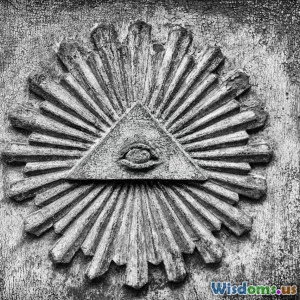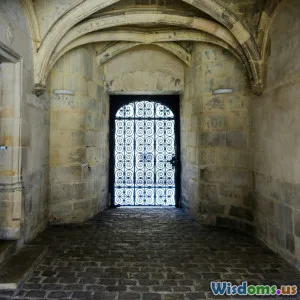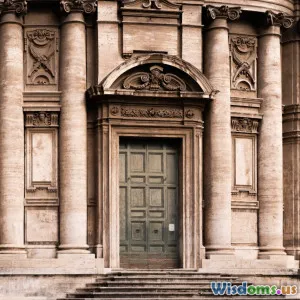
Why Did Freemasonry Face Government Bans in So Many Countries
4 min read Exploring why Freemasonry has been banned by governments worldwide despite its historical significance and influence. (0 Reviews)
Why Did Freemasonry Face Government Bans in So Many Countries?
Freemasonry—enveloped in symbolism, ritual, and secrecy—has played a profound role in shaping modern society, yet its presence has often been met with suspicion and outright bans. This article explores the complex web of political, social, and ideological reasons behind why governments across the world have sought to prohibit Freemasonry.
Introduction: A Fraternal Society Shrouded in Controversy
Founded in the late 16th to early 17th century, Freemasonry emerged as a guild of stonemasons but gradually evolved into a worldwide fraternity emphasizing moral philosophy, self-improvement, and brotherhood. With famous members including George Washington, Wolfgang Amadeus Mozart, and Winston Churchill, Freemasonry has influenced art, politics, and society.
However, for centuries, Freemasonry has also prompted suspicion, conspiracy theories, and authoritarian crackdowns. More than 20 countries have officially banned or suppressed Masonic lodges, demonstrating a recurring clash between clandestine fraternal orders and state powers.
Why would governments, many in different eras and contexts, view this fraternity with such wariness?
Historical Context: Freemasonry's Rise and Challenges
Origins and Expansion
The Masonic tradition combines Renaissance humanism, Enlightenment rationality, and medieval guild ethos. As these lodges became hubs for intellectual discourse, they attracted influential elites and common citizens seeking fraternity and moral guidance. Unlike religious institutions, Freemasonry emphasized universal values free from dogma, creating a unique societal role.
By the 18th century, Freemasonry had spread rapidly throughout Europe and the Americas. Lodges often served as networking centers fostering revolutionary ideas, social reforms, and philanthropic acts.
State Suspicion and Religious Opposition
Such independence and secrecy invited hostility. The Catholic Church famously condemned Freemasonry in the 1738 papal bull “In Eminenti,” citing its secret oaths and perceived threat to religious orthodoxy. Many absolutist monarchies regarded the fraternity as a hotbed for dissent, especially as lodges supported enlightenment ideals challenging the divine right of kings.
Key Reasons Behind Government Bans
1. Secrecy and Perceived Subversion
Freemasonry's rituals and membership oaths have long bred distrust among governments wary of secret societies. Rulers feared that Masonic lodges could function as underground networks promoting sedition or overthrowing legitimate authority.
Empirical evidence supports this concern to an extent. For example, Masons played notable roles in the French and American revolutions, movements that toppled established regimes. In Tsarist Russia, the government banned Freemasonry fearing it as a cover for political conspiracy.
2. Political and Religious Conflicts
In authoritarian regimes, where loyalty to single-party doctrines prevailed, Freemasonry's pluralistic and secular outlook was incompatible. Nazi Germany labeled Freemasons as part of a
Rate the Post
User Reviews
Other posts in Political History
Popular Posts


















